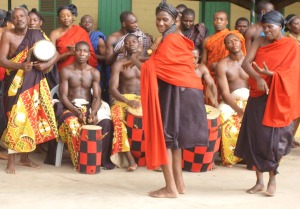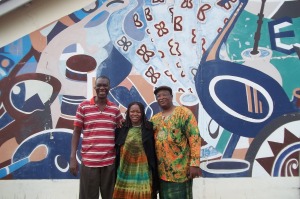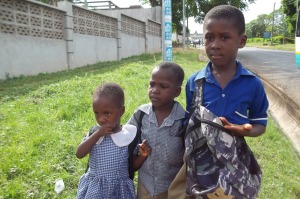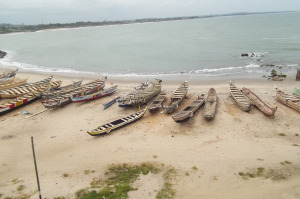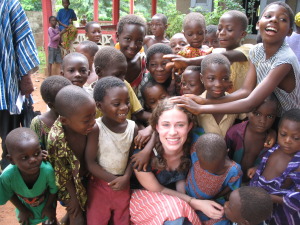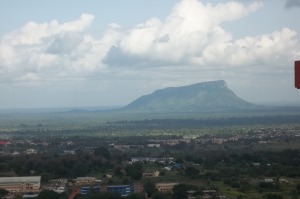People and Culture in Ghana
Ghana has a rich and vast multicultural history. A former British colony, Ghanaian society has blended elements of Western culture and traditional kinship into every day life. Ghana has over 100 ethnic groups! The Ashanti people make up the largest ethnic group within the country. Over 60 percent of the population identifies themselves as Christians, although there is a large population of Muslims and traditional spiritual practices also present. English is the national language in Ghana due to its British colonial history, but there are 9 additional national languages, and countless local dialects!
Ghanaians are known for being very warm and welcoming to foreigners, however, they are very loyal and closely connected to both their immediate and extended family. When interacting with Ghanaians, keep in mind some of these basic etiquette tips:
- With foreigners, the most common greeting is the handshake with a smile.
- When shaking hands between themselves, Ghanaians will hold the right hand in the normal manner, but will then twist and click each other’s middle finger.
- Unless you are experienced, it is best to stick to a normal handshake. 🙂
- Christians will generally shake hands between the sexes; practising Muslims often will not shake hands with people of the opposite sex.
- As a sign of respect, males over the age of 30 may be addressed as “pah-pah”, while women of the same age may be called “mah-mee”. People over the age of 50 may be referred to as “nah-nah”.
- Ghanaians enjoy entertaining in their homes and you should accept any invitation as a sign of friendship.
- Ghanaians’ table manners are relatively formal.
- Dress well; Ghanaians place a lot of emphasis on how people dress. You may need to remove your shoes when dining at someone’s home.
- Titles are important. Use the honorific title plus any academic or professional title and the last name.
For more information on culture in Ghana, check out these resources:
Language, Culture, and Customs in Ghana

